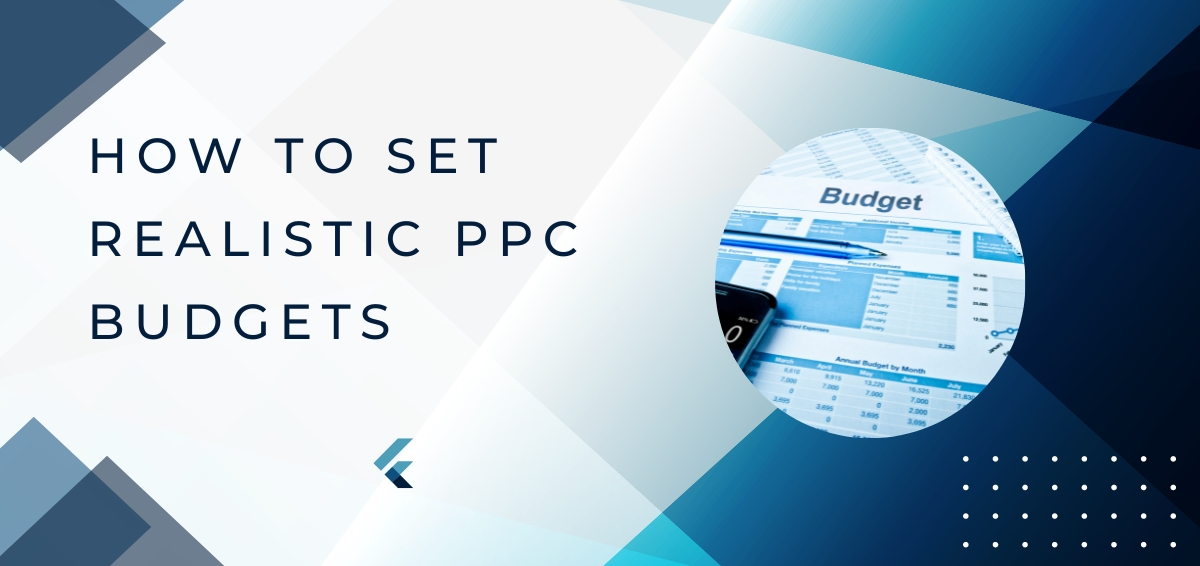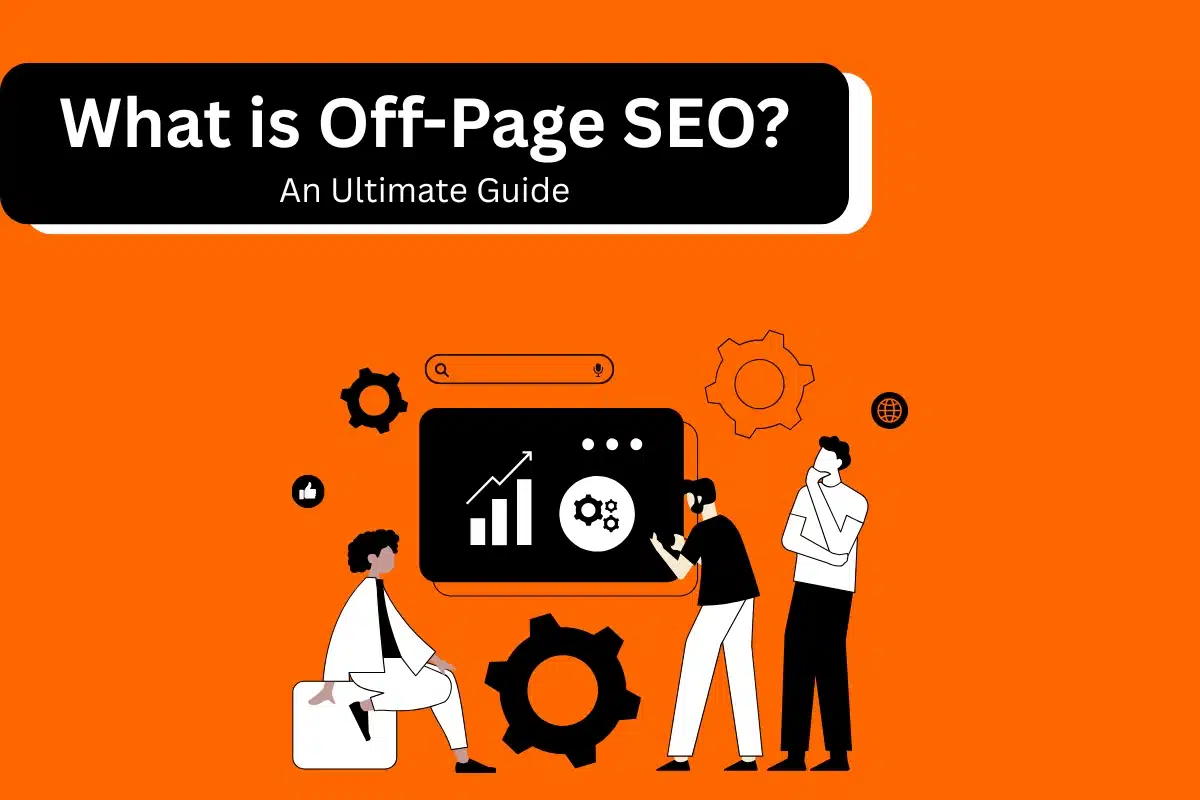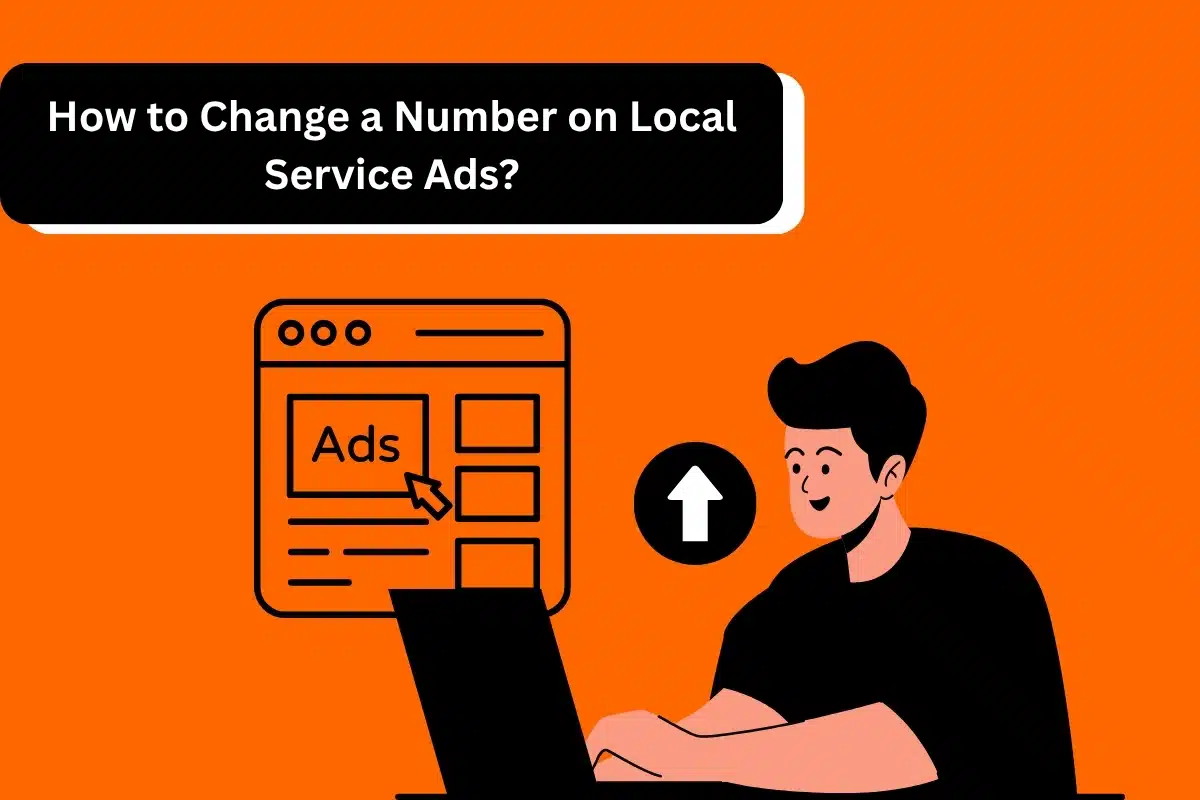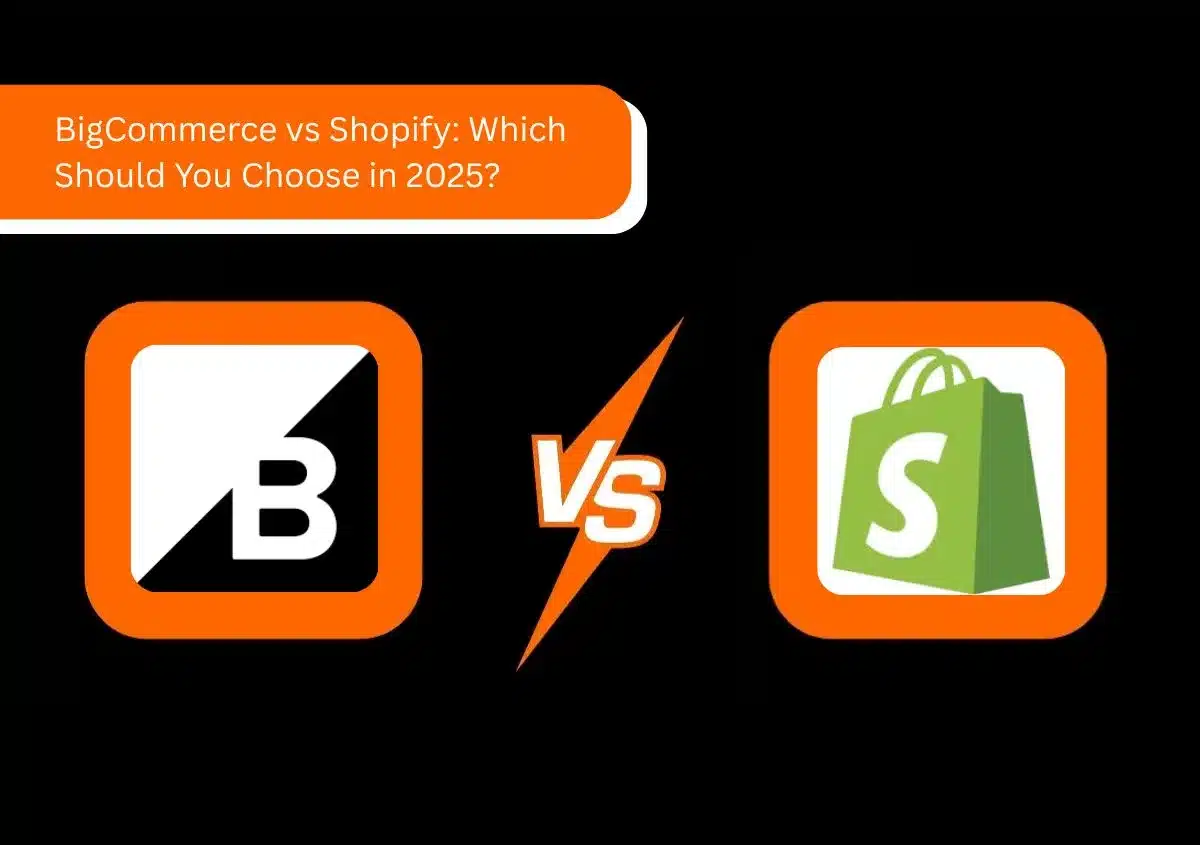What Does A PPC Budget Mean?
A company’s PPC budget determines how much it will spend on pay-per-click advertising. Outlining the key metrics and objectives they want to accomplish with online ad campaigns helps businesses assess their PPC budgets. Establishing a PPC budget to accompany a campaign is possible once a company has decided on its target metrics. This will probably involve an automated or manual bidding process to outrank one another for ad spaces connected to pertinent keywords.
Teams must calculate the maximum cost per click for desired keywords as part of PPC bidding to compare it to their anticipated spend when deciding how much money to allocate to PPC advertising. Every time one of their ads is clicked, traditional PPC advertising platforms charge businesses a set fee. Accordingly, the following equation can be used to determine the total cost to advertisers for this kind of campaign:
Cost of PPC = clicks multiplied by the cost per click.
Companies can calculate their overall spending on a PPC ad by multiplying the cost per click (CPC) by the total number of clicks the ad receives.
Importance Of Budgeting in PPC
You must establish a budget for each PPC campaign you run, regardless of how big or small your business is. Keep a tight rein on your spending and be aware of where your money goes because poor budget management can harm your finances outside advertising. When managing their PPC budgets, each business will adopt a different strategy. To assess the success of the campaign, it is a good idea to use a PPC budget calculator and management software.
Setting Realistic Goals For Your PPC Campaigns
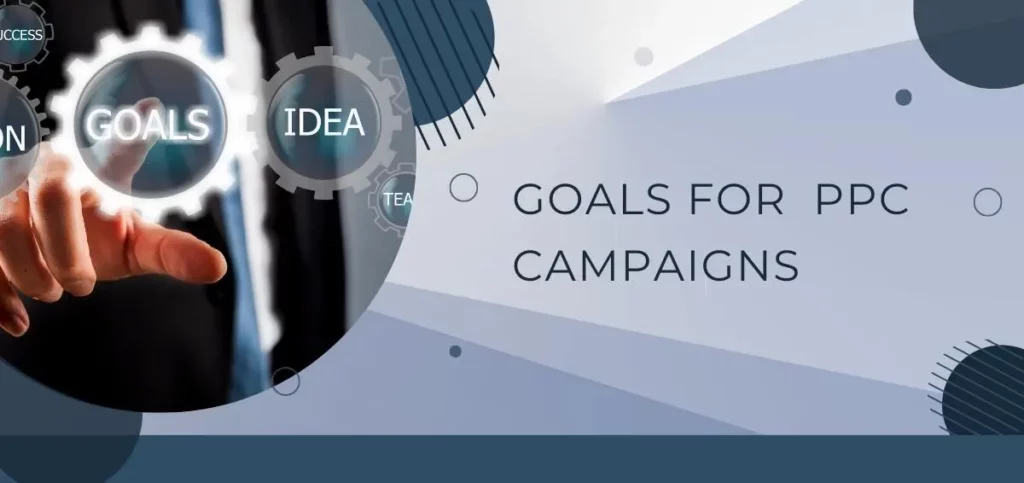
It’s crucial to know how your campaigns can meet your target goals, whether you’re a B2B company with declining seasonality or an e-commerce brand with booming Q4 sales. Some pointers are provided as
Analyze Your Previous Year’s Data
If you examine the data from the previous year, you might discover that maintaining your current website traffic in Q4 requires a larger budget. You can more precisely predict what is needed to meet your goals by conducting analysis all year long.
Understand Seasonality
Understanding your market is a necessary step in creating attainable goals. Setting a 15% lead increase goal for this year wouldn’t be practical if your leads typically decline in the fourth quarter. Understanding your marketplace’s ups and downs will help you structure your objectives, spending, and level of competition appropriately.
Increase Budget For Successful Campaigns
If you have a limited budget this season, concentrate more efforts and resources on your best-performing campaigns. Turning off non-performers is acceptable if you want to keep your budget manageable! Always check cross-channel performance before making changes.
Ad Scheduling Should Be Made Simpler
Users use various devices daily, giving you more opportunities to promote your brand to them. Try reducing (or even getting rid of) any ad schedule that is typically in your campaigns.
Performance Evaluation Across Channels
According to data, user attention span has shrunk over time. For many businesses, “Last Click” remains the standard attribution model from the past. This means that the final channel a user enters before making a purchase or sale is the one that receives all the credit, regardless of how many times they interact with a website.
Tips On Optimizing The PPC Budgets
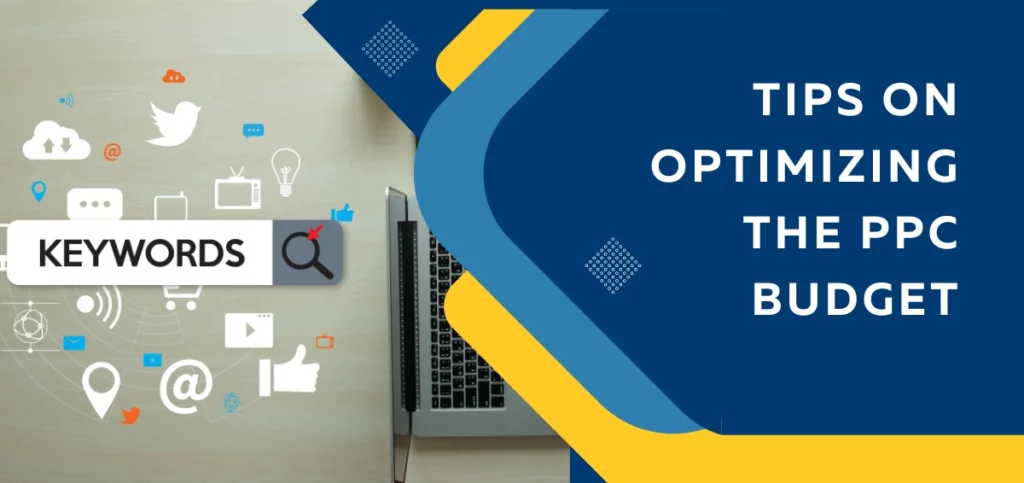
The different tips on good optimization of your PPC Budgets include
Review Past PPC Spend And Trends
Advertisers will benefit from reviewing prior PPC campaigns after the initial goal-setting phases of PPC budget planning. It’s essential to keep in mind that not all businesses have experience working with paid digital advertising. PPC newcomers can still benefit from past campaigns by looking at other people’s PPC campaigns. According to Ballentine, businesses can learn about PPC optimization in their sectors by observing competitor strategies.
Consider Search Volume When Conducting Keyword Research
Any PPC campaign must be developed after careful research. According to Google Ads experts, the research process should consider the search volume for the target keywords.
Strong indicators of potential ad spending include search volume. When starting the PPC budgeting process, businesses should take this into account.
Just Bid On What You Need
Experts advise businesses to define their niche and focus their bidding on markets where their products and services are most in demand. Otherwise, you risk spending money on clicks that don’t result in sales. Automated rules on Google Ads are simple to set up, even for those new to PPC. Google provides instructions on how to add, modify, and preview new automated rules if you run into trouble at any stage of the procedure.
Aim For Highly Relevant Keywords When Bidding
Even though businesses should only bid on keywords that make sense for their campaign, they shouldn’t be as cautious when placing bids on highly relevant keywords.
Companies can continue strategy and forecasting to achieve this. By dividing the top-of-page cost per click (CPC) by the potential number of clicks necessary to secure a conversion, Fashbaugh suggests that advertisers can maintain control over their PPC budgets.
Use Your Creativity When Targeting Keywords
Searching for keywords appropriate for your business might be delving into a rabbit hole. It’s only sometimes simple to locate low-competition, high-intent keywords. Companies wait to consider longer phrases or terms pertinent to their services when looking for perfect-fit keywords. Long-tail keywords are still popular, but fewer competitors typically fight for them.
Conclusion
One of the essential elements of a successful campaign is a PPC budget that is precise, flexible, and well-researched. PPC campaigns with an adequate budget stand a better chance of producing quality leads over time. Newcomers to the PPC space should base their budgeting and overall strategy on recommendations from professionals in the field before beginning their online advertising journey.

